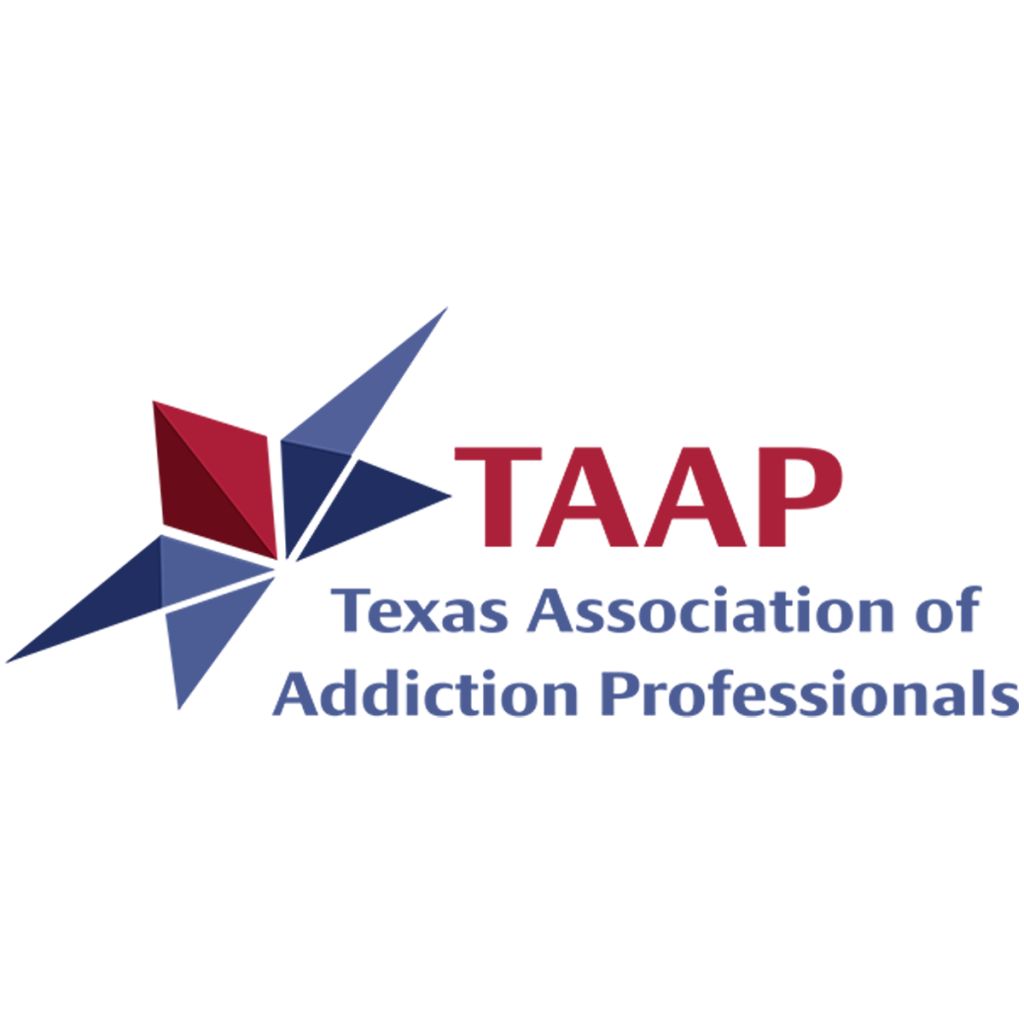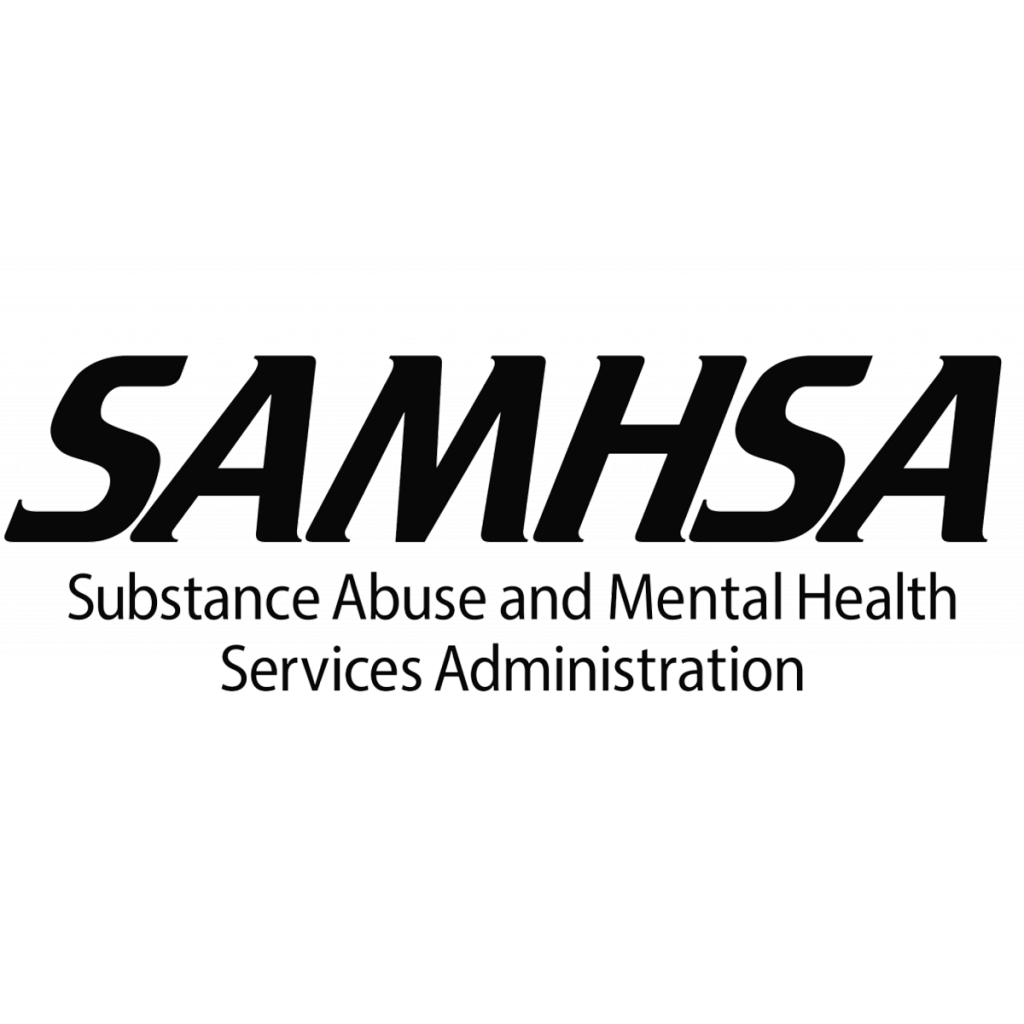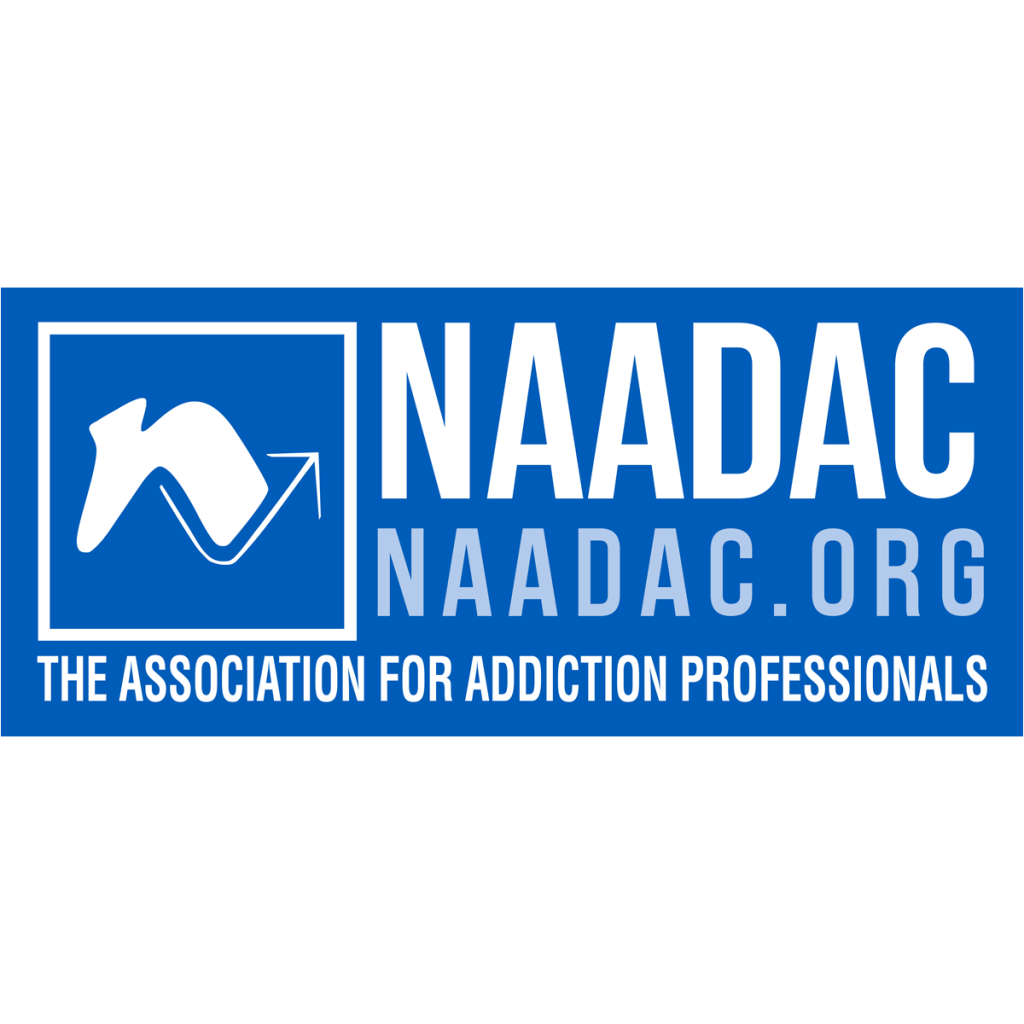DMT
DMT Addiction: Side Effects, Detox, Withdrawal, and Treatment
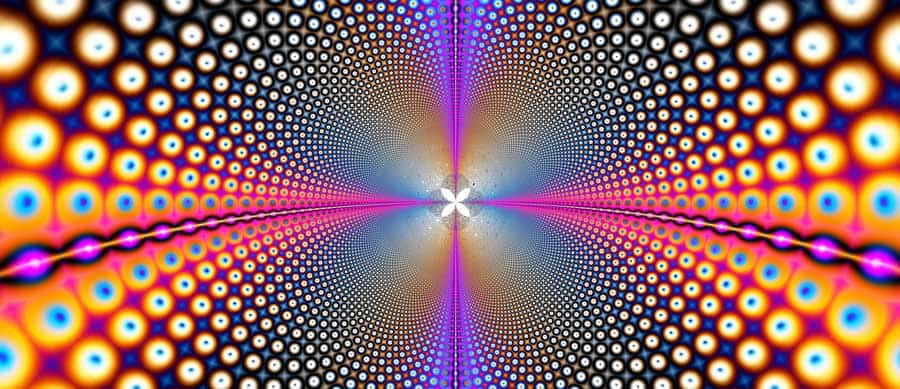
Table of contents
- What is DMT?
- Is DMT Safe?
- Slang for DMT
- How Common Is DMT Abuse and Addiction?
- What Are the Side Effects of DMT Abuse?
- What Are Signs Of DMT Overdose?
- What Are Common Signs and Symptoms of DMT Addiction?
- DMT Withdrawal Symptoms and Detox
- Treatment for DMT Addiction
- Inpatient Drug Rehab vs. Outpatient Drug Rehab for DMT Addiction
- Continued Care Options for DMT Addiction Treatment
What is DMT?
DMT or N,N-Dimethyltryptamine is a hallucinogenic drug that is naturally found in many plants and animals. It is a powerful drug that causes intense visual and auditory hallucinations and results in short but extremely vivid and powerful user experiences.
DMT is a Schedule I controlled substance in the U.S. and has a very high potential for abuse. Although it is illegal to use for any purpose, some people use DMT during religious ceremonies or for spiritual practices to gain deeper spiritual insight. It has been used this way for thousands of years.
DMT may look like a white crystalline powder in its purest form, but it is more commonly a yellow, orange, or pink powder. It may also be a brownish-green herbal mixture or a brownish-red liquid when it is made as part of an ayahuasca brew, which is a traditional spiritual medicine used during some ceremonies of the indigenous peoples of the Amazon basin.
Smoking DMT is the most common way to use it but some people also consume it orally in brews. However, it can also be injected or snorted. When it is smoked, users feel the side effects of DMT much more quickly but they often resolve in 30 to 45 minutes. When it is consumed as an ayahuasca brew, the effects are not felt as quickly.
Is DMT Safe?
Comparatively, DMT has fewer side effects than LSD and magic mushrooms, but using DMT still comes with risks.
DMT first became a popular drug of abuse in the 1960s and it is still illegally manufactured and dealt alongside other hallucinogens on the illegal drug market today. Although DMT is not considered an addictive drug, it can cause harmful side effects and may result in psychological dependence and tolerance.
More recently, psychedelic drugs like DMT have been considered as a treatment option for mental health disorders like anxiety and depression. When used this way, psychedelic drugs would be combined with psychotherapy, but more research is needed to fully understand the effects of these drugs and the possible healing benefits and risks of using them medically.
Slang for DMT
The following terms are street names or slang for DMT:
-
Dimitri – one of the most frequently cited nicknames
-
Businessman’s Trip / Businessman’s Special – named for its short yet intense effects
-
The Spirit Molecule (also The Spirit Molecule) – a reference popularized by its spiritual impact
-
The Rogan – another informal street name
-
Fantasia – often used to highlight the vivid visuals of a trip
-
Changa – refers specifically to a blend of DMT with an MAOI for inhalation
-
Forty-five-minute psychosis – slang that nods to the rapid onset and brief duration
How Common Is DMT Abuse and Addiction?
The most common reason for DMT abuse is to gain “spiritual insight.” This occurs in the form of vivid hallucinations during which users claim to have life-changing experiences and revelations. Most people who abuse DMT are also current users of other psychedelic drugs like LSD, PCP, Ketamine, or Magic Mushrooms. They also often buy DMT online.
According to Medical News Today, DMT is not abused as frequently as other Schedule I controlled substances and in 2016, about 2.24 percent of people reported using DMT in the past 12 months.
Just because DMT is not physically addictive, doesn’t mean it’s not dangerous. Abusing DMT in any way can cause serious side effects, trigger mental health problems in users who are predisposed, and produce unpredictable and downright scary hallucinations that can cause psychological harm. DMT abuse and hallucinations may also cause a person to harm themselves or others due to a “bad trip.”
Additionally, abusing DMT affects the body’s serotonin system and it should never be used with other substances, especially:
- High blood pressure medications
- Diet pills
- Prozac or other SSRIs
- , Ativan, and other central nervous system depressants
- Barbiturates
- Alcohol
- Tranquilizers
- Cocaine
- MDMA
- Opioids like heroin, codeine, morphine, hydrocodone, oxycodone, oxymorphone, etc.
What Are the Side Effects of DMT Abuse?
The psychological and physical side effects of DMT abuse can be severe. Although this drug is used as a part of some people’s culture and is believed to be a spiritual substance, the risks of DMT abuse are real.
Common side effects of DMT abuse include:
- Intense visual hallucinations
- Auditory distortions
- Altered sense of time and body image
- Out-of-body experiences
- High blood pressure
- Increased heart rate
- Agitation
- Dilated pupils
- Involuntary eye movements
- Dizziness
- Lack of physical coordination
- Seizures (high doses of DMT)
- Coma (high doses of DMT)
- Respiratory arrest (high doses of DMT)
DMT users commonly refer to a “bad trip” as a negative experience associated with DMT use. These experiences may produce other harmful side effects like:
- Severe disorientation and confusion
- Extremely negative emotions like anxiety, fear, or grief
- Flashbacks of traumatic experiences
- Violent and disturbing sounds or imagery
- An extreme fear of death or going insane
Long-term or frequent DMT abuse may also result in psychosis or something called hallucinogen persisting perception disorder (HPPD). This is rare but HPPD can cause frequent visual disturbances and flashbacks. This often results in extreme anxiety and frustration among those who are affected. In these instances, a severely addicted person may need professional DMT treatment to heal and sustain their sobriety.
What Are Signs Of DMT Overdose?
There are only a few reports of DMT having acute cardiovascular effects, so DMT overdose is very rare and unlikely to happen. However, even though taking DMT in large doses isn’t toxic, it can still cause harmful side effects like:
- Nausea
- High blood pressure
- Vomiting
- Faster than normal heart rate
- Pupil dilation
- Agitation
What Are Common Signs and Symptoms of DMT Addiction?
DMT is not considered an addictive drug. However, a person who regularly abuses it may develop signs of physical tolerance and psychological addiction to DMT, such as:
- Needing to take more DMT to experience the same effects as before
- Frequently buying DMT online
- Abusing DMT with other psychoactive substances
- Having cravings for DMT
- Losing sight of personal obligations and responsibilities as a result of DMT abuse
- Continuing to use DMT despite negative side effects and consequences
- Using more DMT than intended
- Being unable to cut back or stop using DMT
People who abuse other psychoactive substances may have a higher risk of developing a psychological DMT addiction.
DMT Withdrawal Symptoms and Detox
According to the American Psychological Association, DMT users will not experience a withdrawal syndrome when they stop using the drug. However, they may experience some psychological and emotional side effects such as:
- DMT cravings
- Mood swings
- Irritability
- Depression
- Anxiety
Although DMT withdrawal is not likely to occur and medical monitoring is not always necessary for DMT detox, some individuals may need medical and clinical care to manage the emotional side effects listed above. In these instances, medical detox may be recommended.
Treatment for DMT Addiction
Although DMT detox and formal addiction treatment like DMT rehab are not always necessary, professional treatment may help users address the underlying causes of their substance abuse and separate them from harmful influences like drug-abusing peers or a toxic home environment.
A long-term DMT rehab program may provide the support and care a person needs to overcome their dependence on DMT. According to the National Institute on Drug Abuse, treatment that lasts 90 days or longer is more likely to produce the best possible treatment outcomes and result in lasting sobriety.
For those who are new to drug rehab, these types of programs typically include:
- Educational lectures on chemical dependency, the disease of addiction, and the recovery process
- Participation in a recovery program such as the 12-Step Program, Smart Recovery, or a similar curriculum
- Training on how to cope with high-risk situations, respond to triggers and manage cravings in recovery
- Life skills development for lasting sobriety
- Guided meditation and yoga practice for physical and emotional healing
Most drug rehab programs also use evidence-based treatment methods and therapies to help clients overcome their addictions. These may include:
- Cognitive behavioral therapy
- Individual therapy and group therapy
- Family therapy
- Specialized therapies like music therapy or art therapy, among others
Inpatient Drug Rehab vs. Outpatient Drug Rehab for DMT Addiction
Although there are many DMT treatment options and types of drug rehab programs that may help a person overcome their DMT addiction, inpatient rehab and outpatient rehab are two common and effective options. Although they are both recovery-focused, the two types of DMT rehab are different. Here is a helpful side-by-side comparison of inpatient rehab and outpatient rehab.
| In residential rehab for DMT addiction, clients: Temporarily live at the rehab center while they complete their treatment program Participate in daily counseling sessions and treatment activities/groups Adhere to a structured daily schedule Have immediate access to medical and clinical treatment providers | In outpatient rehab for DMT addiction, clients: Participate in a series of outpatient group therapy sessions Complete homework assignments independently at home Maintain personal obligations like work, school, or childcare while they attend rehab Have limited access to medical and clinical treatment providers |
Most often, residential DMT rehab programs are helpful for people with severe addictions or who have relapsed multiple times in the past. Outpatient rehab (IOP) may be ideal for those with moderate addictions and fewer or less complex clinical needs like co-occurring mental health disorders.
The cost of an inpatient or outpatient rehab program will vary depending on several factors, such as its location and amenities, the services offered, and the population served but most rehab centers work with clients to accept several different payment options, including:
- Health insurance benefits
- Employee Assistance Programs (EAP)
- Financed healthcare loans
- Credit cards
- Crowdfunding
- HSA funds
Continued Care Options for DMT Addiction Treatment
Some people may choose to continue their DMT treatment with additional recovery programs like sober living programs or aftercare. Both types of continued care options are ideal for sustained sobriety and ongoing recovery.
Sober Living Programs
A sober living program provides safe, sober, and supportive housing for men and women in recovery. Sober living homes can be residential homes or apartment complexes and most of them provide gender-specific housing for people in all stages of recovery.
Residents of sober living homes must adhere to a set of rules and policies set forth by the staff and may also be required to attend some form of recovery support group meetings within the local community. Many sober living homes also provide recovery support services such as:
- Regular drug and alcohol testing
- Individualized recovery programming
- Educational planning
- Employment assistance
- Peer-guided personal monitoring
The cost of a sober living home may also vary, depending on its location, recovery support services offered, and its amenities, however, payment is most often collected on a monthly basis like rent.
Aftercare Programs
Aftercare is another type of continued care program for people in recovery. These types of programs provide ongoing support after detox and rehab, providing positive support from peers and professional addiction treatment specialists.
Aftercare group typically occurs once a week at a clinical location and is facilitated by a licensed counselor. The program may last eight weeks or more and regular attendance can serve as sobriety check-ins as well as ongoing group therapy.
DMT addiction and dependence can cause serious side effects and severely impact your health and well-being, but there is hope for recovery. Call (888) 571-2033 today to speak with a Nova representative about your DMT treatment options.
References:
- https://www.medicalnewstoday.com/articles/306889.php
- https://www.globaldrugsurvey.com/wp-content/uploads/2016/06/TASTER-KEY-FINDINGS-FROM-GDS2016.pdf
- https://www.talktofrank.com/drug/dimethyltryptamine
- https://thethirdwave.co/psychedelics/dmt/
- https://www.deadiversion.usdoj.gov/drug_chem_info/dmt.pdf
- https://www.drugabuse.gov/publications/research-reports/hallucinogens-dissociative-drugs/what-are-dissociative-drugs
- https://www.medicalnewstoday.com/articles/320181.php
- https://www.apa.org/news/press/releases/2018/08/psychedelic-drugs-heal
- https://www.drugabuse.gov/publications/drugfacts/hallucinogens
Nova Recovery Center offers a large range of substance abuse treatment services: detox, residential, outpatient and sober living.
Treatment Options
Treatment Locations
Call Us Now and Begin Healing at (512) 605-2955
Or text us and we will call you right back.
Not quite ready for a call? You can fill out the form below.
What Makes Us Different
- Gender-specific treatment
- Evidenced-based treatment
- 12-Step immersion
- 90-day residential treatment
- Family program
- Full continuum of care
- Insurance and private pay
100% Confidential Guarantee
Confidential Consultation
Nova Recovery Center is dedicated to helping you or your loved one get help. Please call or fill out this form for a confidential consultation.
One of our understanding, dedicated advisors will contact you about your options. Begin healing today.
Nova Recovery Center is dedicated to helping you or your loved one get help. Please call or fill out this form for a confidential consultation. One of our understanding, dedicated advisors will contact you about your options. Begin healing today.


